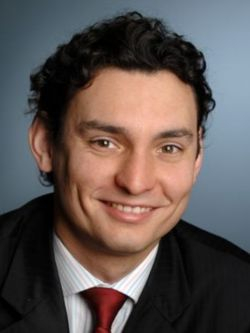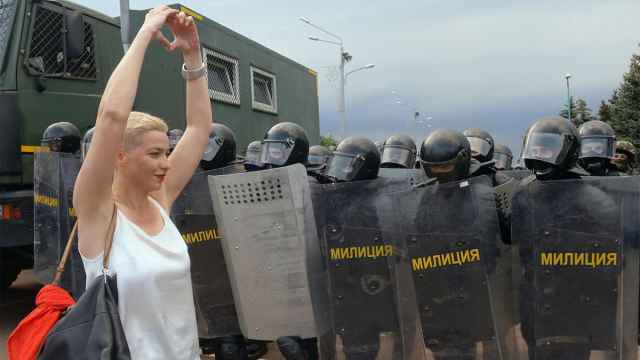
Edward Borovikov
Managing Partner, Brussels
Head of Global International Trade / WTO / Customs Practice, Salans
On Dec. 16, 2011, the WTO's main decision-making body, the Ministerial Conference, approved the conditions by which Russia may accede to the WTO. This was the result of highly complex and unprecedented lengthy negotiations between Russia and its trading partners, WTO members, which lasted 18 years. Russia's formal entry is expected to take place in mid-2012, following ratification in Russia in accordance with its constitutional procedures.
As a WTO member, Russia will assume all rights and obligations under the multilateral agreements of the WTO. The multilateral agreements are binding for all WTO members (the WTO had 153 members at the beginning of 2012).
Moreover, Russia will undertake a number of country-specific commitments. Russia's individual commitments are set forth in the "Protocol of Accession of the Russian Federation to the World Trade Organization" and the "Working Party Report" ("Protocol" and "Report"). The Protocol is a shorter document that summarizes and confirms the individual commitments that are described in detail in the Report. Overall, Russia's individual accession package exceeds 2,000 pages.
In the case of Russia, the level of individual commitments that are standard for new members, such as maximum rates for import and export tariffs, conditions for application of tariff quotas, and commitments regarding access to service markets are not high compared with other WTO members. However, not only the standard commitments but also the so-called "systemic commitments" reflected in the Protocol and the Report are going to be significant for Russia's economic development and doing business in the country, as well as for future trade disputes between Russia and other WTO members.

Bogdan Evtimov
Partner, Brussels
Salans
The systemic commitments are special rules that are binding on a newly acceded WTO member and that must be followed in its domestic law with respect to particular sectors of the economy. Russia's systemic commitments are intended to ensure the conformity of Russian laws and administrative practices in key areas of the economy (including but not limited to foreign trade) with the WTO agreements, the Protocol and the Report taken together. During the lengthy accession talks with Russia many WTO members focused particularly on Russia's systemic commitments.
The areas affected by Russia's specific commitments include the practice of imposing measures to protect the domestic market from unfairly traded imports, subsidies to industries, state-controlled enterprises, technical regulations and sanitary measures, the practice of customs authorities, and the functioning of the Customs Union and Eurasian Economic Space with Kazakhstan and Belarus, among others.
From the first day of WTO accession, the multilateral agreements and individual commitments will become binding on the Russian Federation in international law. WTO accession will also inescapably produce effects into Russia's domestic legal system.
Compliance with WTO agreements and systemic commitments will play a significant role in the development of Russian law and enforcement in matters relating to trade and economy. There already is a process of growing interaction between the Russian trade and economic law and enforcement practice and the respective WTO and international legal order.
In addition, meeting WTO obligations should result in additional and better protection for the rights and interests of business, not only foreign suppliers and service providers, but also Russian companies doing business in Russia and abroad.
The commitments Russia undertook in order to join the WTO are expected to result in improved transparency and accountability in the exercise of powers by Russian authorities at all levels. There will be new opportunities for promoting the legitimate objectives and interests of business with respect to constructive influence on the legislature and decision-making. Therefore, Russia's WTO accession must be considered good news for the business that means business.
A Message from The Moscow Times:
Dear readers,
We are facing unprecedented challenges. Russia's Prosecutor General's Office has designated The Moscow Times as an "undesirable" organization, criminalizing our work and putting our staff at risk of prosecution. This follows our earlier unjust labeling as a "foreign agent."
These actions are direct attempts to silence independent journalism in Russia. The authorities claim our work "discredits the decisions of the Russian leadership." We see things differently: we strive to provide accurate, unbiased reporting on Russia.
We, the journalists of The Moscow Times, refuse to be silenced. But to continue our work, we need your help.
Your support, no matter how small, makes a world of difference. If you can, please support us monthly starting from just $2. It's quick to set up, and every contribution makes a significant impact.
By supporting The Moscow Times, you're defending open, independent journalism in the face of repression. Thank you for standing with us.
Remind me later.





